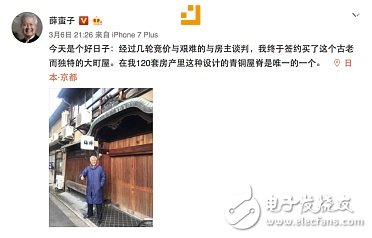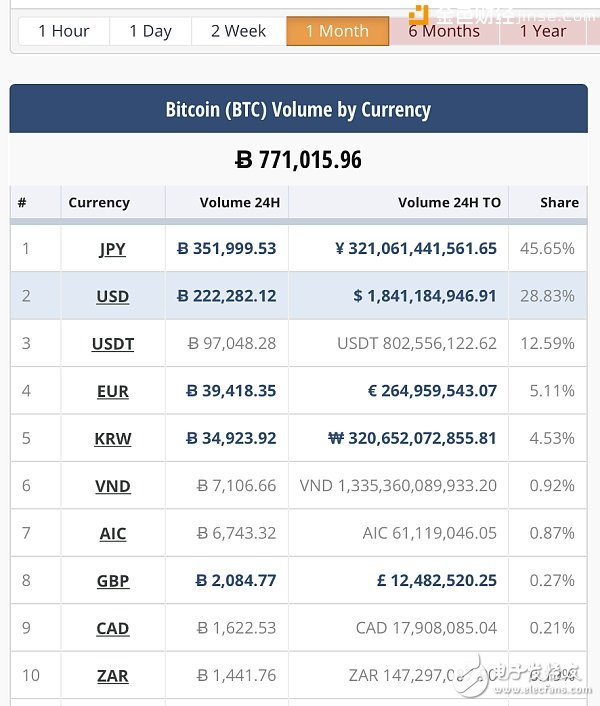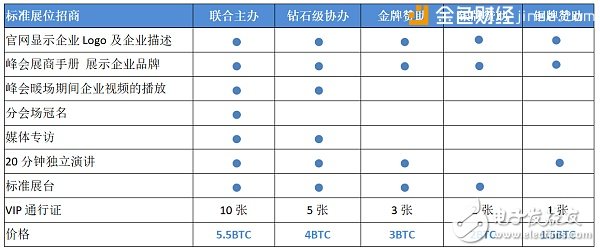On December 3, 2017, Xue Manzi bought seven hundred-year-old Machiya in one day, and entered the Japanese B&B market with high-profile, and announced that he would buy 100 Machiya as part of the brand of “Banzi Homestayâ€. At the same time, he also established "Banzi Encrypted Currency Real Estate Co., Ltd.", publicly announced that it will not only accept digital currency circulation in Manzi B&B, but also issue barbaric coins. Now he has 120 sets of Japanese Machiya real estate.

Mr. Zhao Changpeng, CEO of the currency security company, was only a silent person before moving to Japan. Less than 100 days after he entered Tokyo, he was on the cover of Forbes magazine, ranking third in the world in the digital currency rich list. The only Chinese in the ten!
As one of the largest exchanges in China, the Fire Coin Network, although not sure whether it will move or move to where it is, has a lot to do with Japan.
Then the question comes, why can Japan become a treasure for the development of blockchain, attracting many excellent blockchains and digital currency individuals and enterprises to develop in Japan?
I. Japan blockchain policy support
Japan is the third largest economy in the world, and its government and society are active in the development of blockchain and digital currency. The following is a block diagram of the Japanese blockchain/bitcoin policy (taken from 36kr)
In February 2014, Mt Gox, the Japanese bitcoin exchange, stole 850,000 bitcoins (approximately $430 million at the time). Japanese legislators have made the failure of this exchange an important driver of the digital currency industry.
In April 2017, the Japanese government revised the “Funding Algorithm†to recognize Bitcoin as a legal payment method and set a series of standards and rules for the exchange.
In July 2017, the Japanese government officially terminated the 8% GST payment required to purchase Bitcoin on the exchange.
In August 2017, the Japan Financial Services Agency (FSA) revealed that about 50 bitcoin exchanges had submitted registration documents to the agency and set up a team to supervise digital currency.
In September 2017, the Japan Financial Services Agency (FSA) released the first list of licensed “virtual currency exchanges†in Japan. The first batch of licensed virtual currency exchanges in Japan including 11 exchanges including Bitflyer, Zaif, BTCBOX, GMO, QUOINEX, BitBank, Bitpoint, etc., are the first batch of virtual currency exchanges officially approved by the government worldwide. .
The FSA of the Financial Services Authority of Japan issued a trading license for virtual currency, which has led to a significant increase in the amount of bitcoin transactions in Japan. Currently, the trading volume of Japanese yen to Bitcoin has accounted for more than 45% of the total trading volume of Bitcoin. Large financial institutions and Internet companies are also actively involved in the blockchain industry, and the industry's development momentum is on the rise.
Second, Japan’s lack of resources, and the lack of a safe national mentality
Japan is known as a resource-poor country, and it is an island country itself. The vast majority of the territory is also a mountain that is not suitable for farming or living. Only a few plains are available for farming or living. The lack of resources leads to the lack of security in the mentality of the Japanese nationals, which makes it necessary for Japan to constantly acquire the resources for survival. Japan's oil reserves can provide 158 days of oil consumption in Japan, and the strategic reserve oil supports the world in terms of time.
As a value storage method in the Internet era, Bitcoin has a price of up to 19,000 US dollars. Some people predict that bitcoin price will exceed 100,000 US dollars by the end of 2018. Its unit price far exceeds that of petroleum gold, and its potential in the future Internet era. Also don't be underestimated.
At the same time, Japan, as a wealthy developed country, has a large investment base and a good bitcoin user base. Japan has the world's largest retail trader, GMO click (the company also received a virtual currency license), and its monthly foreign exchange volume is as high as $1 trillion. "Mr. Watanabe of Japan" is an important investor in the global foreign exchange market, and the transaction is very active. Therefore, Bitcoin is welcomed by investors as an investment method in Japan.
Third, the layout of Japan in the blockchain industry
If the Chinese investors had the conviction that they had mastered most of the bitcoin's computing power before the arrival of the regulation last year, then the enthusiasm has been stolen by Japan. At present, the yen has become the main legal currency for bitcoin pricing. The trading volume of the yen/bitcoin accounts for more than 45% of the global trading volume of Bitcoin, which is nearly twice that of the second dollar, followed by the won and the euro.

In the second half of 2017, countries began to tighten the regulation of Bitcoin. Japan seized the gap between countries to tighten supervision and catered to the blockchain with an open attitude. As a result, many blockchains began to shift their positions to Japan, including China. "Fleeing" is the most enthusiastic. Virtual currency circulation or blockchain project investment does not have a national border, but the core figures have moved to Japan. The loss is not only a tax, but the most important thing is talent and experience.
The general consensus on the blockchain is Token. In addition to cryptocurrency, if the commercialization of the blockchain really shows a killer application, then the popularity of the blockchain will be as "destroyed" as the Internet changes the world. It can be gradually concentrated in Japan with the industry. If this "great attention" application first started in Japan, then Japan may no longer be a degraded scene in the late industrial empire.

Therefore, to say that the blockchain is the strongest wind in 2018, then Japan has absolutely occupied the position of the eye. At the beginning of May 2018, the Finwise Summit will be based in Tokyo, Japan. At that time, we will invite Japan JBA (Japan Blockchain Association) and JCBA (Japan Virtual Money Practitioners Association) to co-host, and Mitsui Sumitomo, Mizuho Corporate Bank, and Tokyo Mitsubishi Bank jointly participated in the project, and for Japan's blockchain industry. We will also invite officials from the Japanese FSA (Financial Regulatory Authority) to discuss with us at the scene, including the development of support programs, the compliance of Japanese exchanges, and the direction of digital currency regulation under the civil law system.
In May 2018, I was waiting for you in Tokyo, Japan!
Summit Sponsorship Terms:

Summit sponsored contacts:
Raymond HE
TEL Wechat: 13764595403
Email: raymond.
Damian
TEL Wechat: qianjiexua3378
Email:
Bluetooth Mini Projector
Sound can be transmitted wirelessly, no audio source cable is required.
1. The Bluetooth function of the projector can be connected to a Bluetooth speaker, and you can enjoy better sound quality when watching movies and playing music;2. After the projector is connected to the mobile phone through the Bluetooth function, the projector acts as a speaker and can play music from the mobile phone.
wifi bluetooth projector,bluetooth home projector,bluetooth protable home projector
Shenzhen Happybate Trading Co.,LTD , https://www.happybateprojectors.com